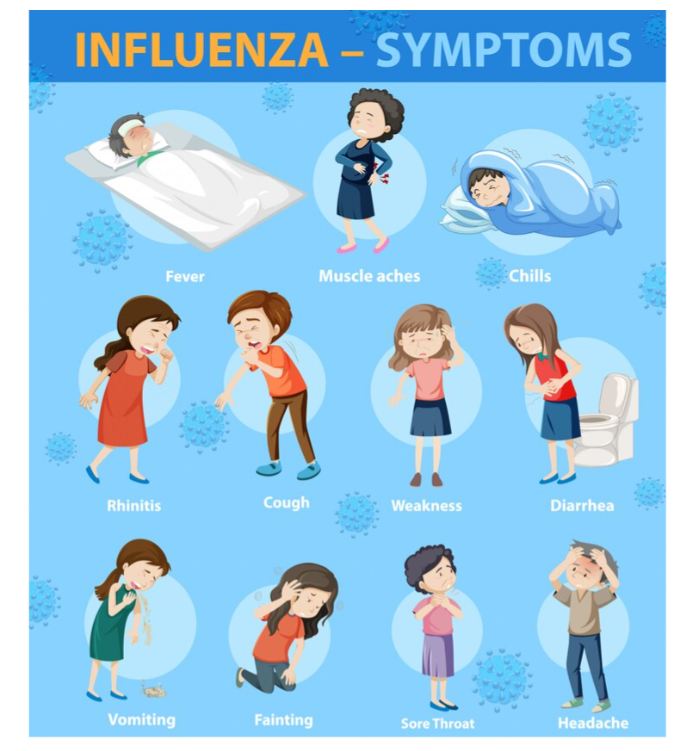
Common Conditions Linked to Dry Cough
Understanding Common Conditions Associated with Dry Cough
Introduction
A dry cough can be more than just a nuisance; it may signal an underlying medical condition. Let’s explore some common conditions that could be linked to a dry cough in simple terms.
1. Upper Respiratory Infections
Common colds, the flu, or other upper respiratory infections can cause irritation and inflammation in the throat and airways. This irritation often leads to a dry cough. You may also experience other symptoms like congestion, sore throat, and fatigue.
2. Allergies
Allergic reactions to substances like pollen, dust, pet dander, or mold can trigger inflammation in the throat and airways. This inflammation may result in a dry cough. In addition to coughing, allergy symptoms often include sneezing, runny nose, and itchy eyes.
3. Asthma
Asthma is a chronic condition that causes inflammation and narrowing of the airways, which can make breathing difficult and lead to coughing. A dry cough is often a symptom of asthma, particularly at night or during physical activity.
4. Gastroesophageal Reflux Disease (GERD)
GERD occurs when stomach acid flows back into the esophagus, causing irritation and inflammation. This acid reflux can trigger a dry cough, especially when lying down or after eating.
5. Postnasal Drip
Postnasal drip happens when excess mucus from the nose drips down the back of the throat, causing irritation and coughing. This condition can result from allergies, sinus infections, or other respiratory issues.
6. Medications
Certain medications, particularly ACE inhibitors used to treat high blood pressure, may cause a dry cough as a side effect. If you suspect your medication is the culprit, talk to your healthcare provider about possible alternatives.
7. Chronic Obstructive Pulmonary Disease (COPD)
COPD is a progressive lung disease that makes breathing difficult. Chronic bronchitis, a form of COPD, often causes a persistent dry cough along with other symptoms like wheezing and shortness of breath.
Conclusion
If you experience a persistent dry cough along with concerning symptoms, it’s crucial to seek medical attention. A healthcare provider can help identify the cause and recommend treatment options to relieve your symptoms. Understanding the conditions linked to a dry cough will allow you to manage your health more effectively.
To seek medical advice, always consult a Doctor. Here are our recommended experts. Click here
To read more on Respiratory disease . Click Here


